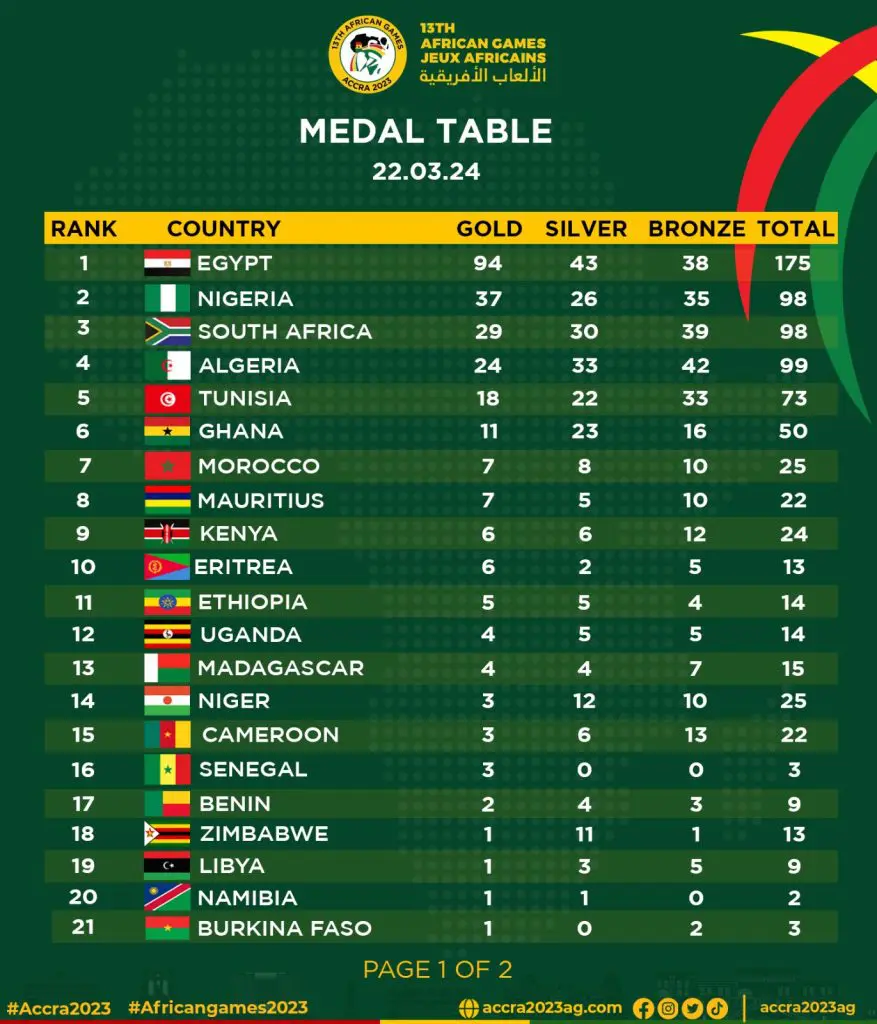E-waste: Microsoft, GIZ research on mobile devices recycling in Africa

E-waste: Microsoft, GIZ research on mobile devices recycling in Africa
Everyday,a new invention is born. Tech hungry occupants of the global village are quick to exchange their old phones for newer models. But what happens to the waste?
Despite the Basel Convention which created a platform for technical assistance to be provided to developing countries to fulfill their obligations in protecting human health and the environment from hazardous and other waste, e-waste management has remained a major challenge especially to the African market.
However, with the intervention by Microsoft Mobile Devices Group and the German based company,Deutsche Gesellschaft fuer International Zusammenarbeit (GIZ) GmbH, this is about to change. Both companies have come together to research the current practices of repairing, reusing, refurbishing, trading parts and material processing regarding old mobile phones, in other to reduce the challenge posed by e-waste to the barest minimum.
Already, three African countries including Kenya, Morocco and Nigeria have been selected for the pilot program.
The two year project, implemented by GIZ and co-funded by Microsoft, according to both firms, will establish best practices involving the informal and formal sectors for used mobile phones and phone e-waste, and will work towards upgrading existing practices towards environmentally sound recycling solutions.
The partnership is part of the development programme that GIZ implements on behalf of the German Federal Ministry for Economic Cooperation and Development (BMZ).
Speaking on the new partnership, Ulrike Vott, Microsoft Sustainability Manager for the Africa Region, explained: “We will continue to educate users not to dispose of electronic products together with household waste.
The Microsoft GIZ project will assess the existing practices and develop training concepts with a special emphasis on improvements for the micro and small scale mobile phone repairers, recyclers, refurbishers and dismantlers in the informal and the formal sector.”
Also speaking, Barbara Oelz, Advisor for waste management at GIZ in Germany, added that: “It is crucial for the success of any e-waste legislation to develop implementation guidelines that work under the local conditions. Copying legislation from the European Union will not deliver the desired result, which is the closing of the material cycle, the protection of living conditions and the environment as well as the creation of sustainable jobs.”
Meanwhile, based on the research conducted by Microsoft and the German
firm, as the continent’s consumption of electronics grows, the volume of e-waste will grow. Electronic devices, particularly mobile phones, according to their research contain valuable metals, plastics and other materials that can be turned into secondary raw material at value.
However, safe equipment and processes, are required to recover the metals that make up 40 percent of a mobile phone without material loss or risk to health and environment.
By estimation, the research further revealed that for every one million phones recycled, it is possible to recover nearly 35kg of gold and 350kg of silver, which can be re-used in the production of future goods.








![Simple Comme Sylvain AKA The Nature Of Love (2023) [French]](https://www.memesng.com/r/storage.waploaded.com/images/5c8862b9d70ab0d53e8f9dbb2f72dd00.jpg?w=50&ulb=true&ssl=1)












![Suji and Uri (2024) [Korean] (TV series)](https://www.memesng.com/r/storage.waploaded.com/images/394b198e59e3725ad4fa904e225d43dc.jpg?w=50&ulb=true&ssl=1)
![In Cold Blood (2024) [Korean] (TV series)](https://www.memesng.com/r/storage.waploaded.com/images/64d0b2050777280ade35b2797b34c503.jpg?w=50&ulb=true&ssl=1)
![Hard to Find (2024) [Chinese] (TV series)](https://www.memesng.com/r/storage.waploaded.com/images/cbbaa0d3ae912198b992a53af30d2361.jpg?w=50&ulb=true&ssl=1)
{{comment.anon_name ?? comment.full_name}}
{{timeAgo(comment.date_added)}}
{{comment.body}}
{{subComment.anon_name ?? subComment.full_name}}
{{timeAgo(subComment.date_added)}}
{{subComment.body}}